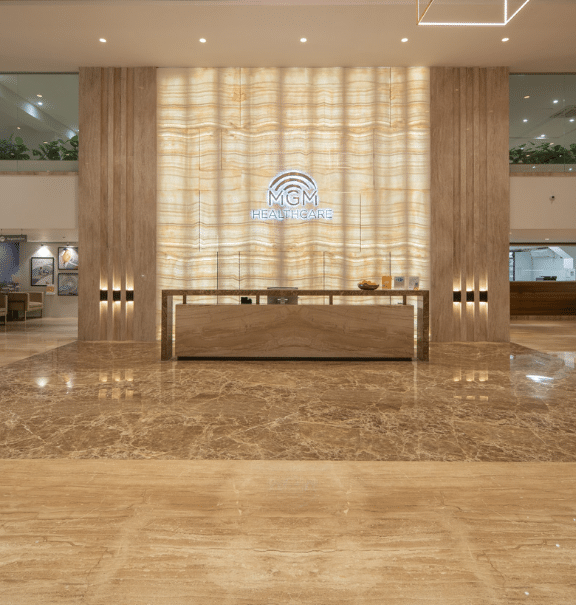Rehabilitation Medicine
The Department of Rehabilitation Medicine aims to improve function, independence and the quality of life of a patient dealing with impairment or disability that may have resulted from injury or illness. Our goals also include the maintenance of the patient’s functioning and prevention of further decline.
The department of Rehabilitation medicine strives to help people improve their quality of life and minimize the impairment they may be dealing with. Traumatic brain injury, stroke, cerebral palsy, musculoskeletal pain is some of the conditions that may require help of varying levels of rehabilitation together with other treatment. Our specialist physiatrists are skilled and experienced in the field of rehabilitation medicine and use both latest advancements and age-old treatments to improve the quality of life and increase independence in performing daily activities. Our patients range from infants to the elderly.
Types of Rehabilitation Services we provide
Cardiac rehabilitation describes all measures used to help people with heart disease return to an active and satisfying life and to prevent recurrence of cardiac events. Cardiac rehabilitation services are provided in collaboration with the patient’s cardiac surgeon, cardiologist, rehabilitation specialist, general practitioner and other health professionals who retain overall responsibility for the patient’s management.
The broad aims of cardiac rehabilitation are to maximise physical, psychological and social functioning to enable people with cardiac disease to lead fulfilling lives with confidence, introduce and encourage behaviour that may minimise the risk of further cardiac events and conditions.
The specific aims of cardiac rehabilitation are to facilitate and shorten the period of recovery after an acute cardiac event, promote strategies for achieving mutually agreed goals of ongoing prevention, develop and maintain skills for long-term behaviour change and self-management and
promote appropriate use of health and community services, including concordance with prescribed medications and professional advice.
Cardiac rehabilitation is an organised approach to achieving these aims and is integrated into the routine management of all cardiac patients at MGM Healthcare. Cardiac rehabilitation includes, and complements, the support and individual medical care given by specialists and general practitioners. Our cardiac rehabilitation programme follows the DREAM protocol – Diet, Relaxation, Exercise, Attitude and Motivation. Our patients are guided through physical activity, health education, counselling, behaviour modification strategies and support for self-management.
Cardiac rehabilitation services are available across a continuum that includes inpatient, outpatient and ongoing prevention approaches. All staff working in cardiac rehabilitation actively participate in ongoing professional development specific to the field.
Diet
A ‘heart healthy’ diet is designed for those who have problems related to the heart (high cholesterol, high blood pressure, heart attack) and also for those who would like to reduce the risk of heart diseases in the future.
Relaxation
Every cell in your body needs oxygen to function. You get the oxygen your cells need from the air you breathe. Your body cells use the oxygen you breathe to get energy from the food you eat.
Exercise
Getting regular exercise when you are recovering is important. Exercise can make your heart muscle stronger. It may also help you be more active without chest pain or other symptoms.
Attitude
In psychology, attitude is a psychological construct, a mental and emotional entity that characterises a person. They are complex and an acquired state through experiences.
Motivation
Motivation is the reason for one’s actions, willingness and goals. Motivation is one’s direction to behaviour, a force that acts behind the motives. An individual’s motivation may be inspired by others or events

 In-person Consultation
In-person Consultation Online Video Consultation
Online Video Consultation Treatment Enquiries
Treatment Enquiries Find a Doctor
Find a Doctor Access the Patient Portal
Access the Patient Portal +91 44 4524 2424
+91 44 4524 2424  Anaesthesiology & SICU
Anaesthesiology & SICU Total Knee replacement
Total Knee replacement







